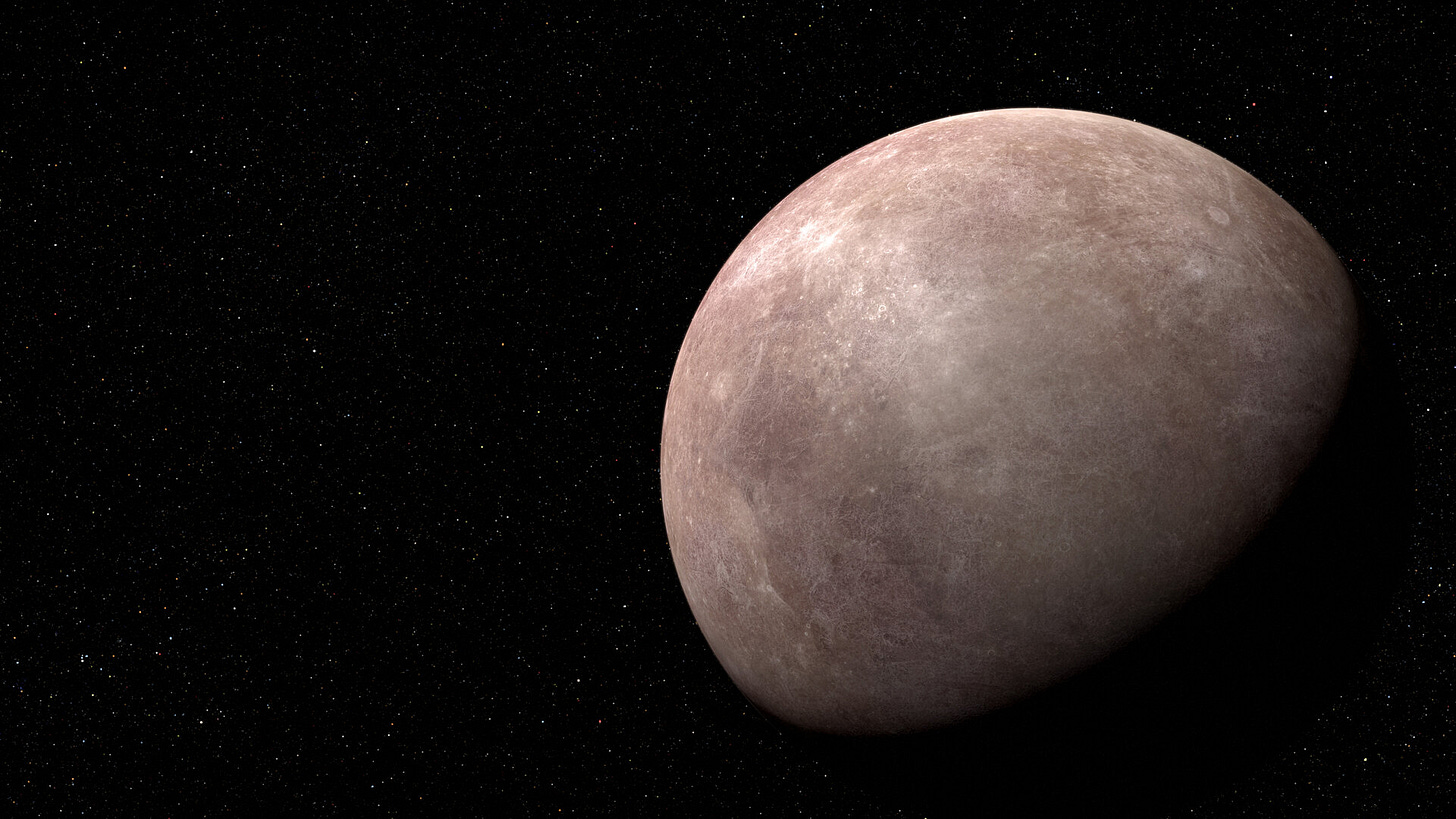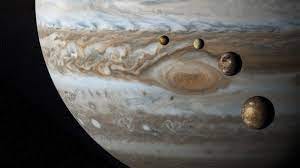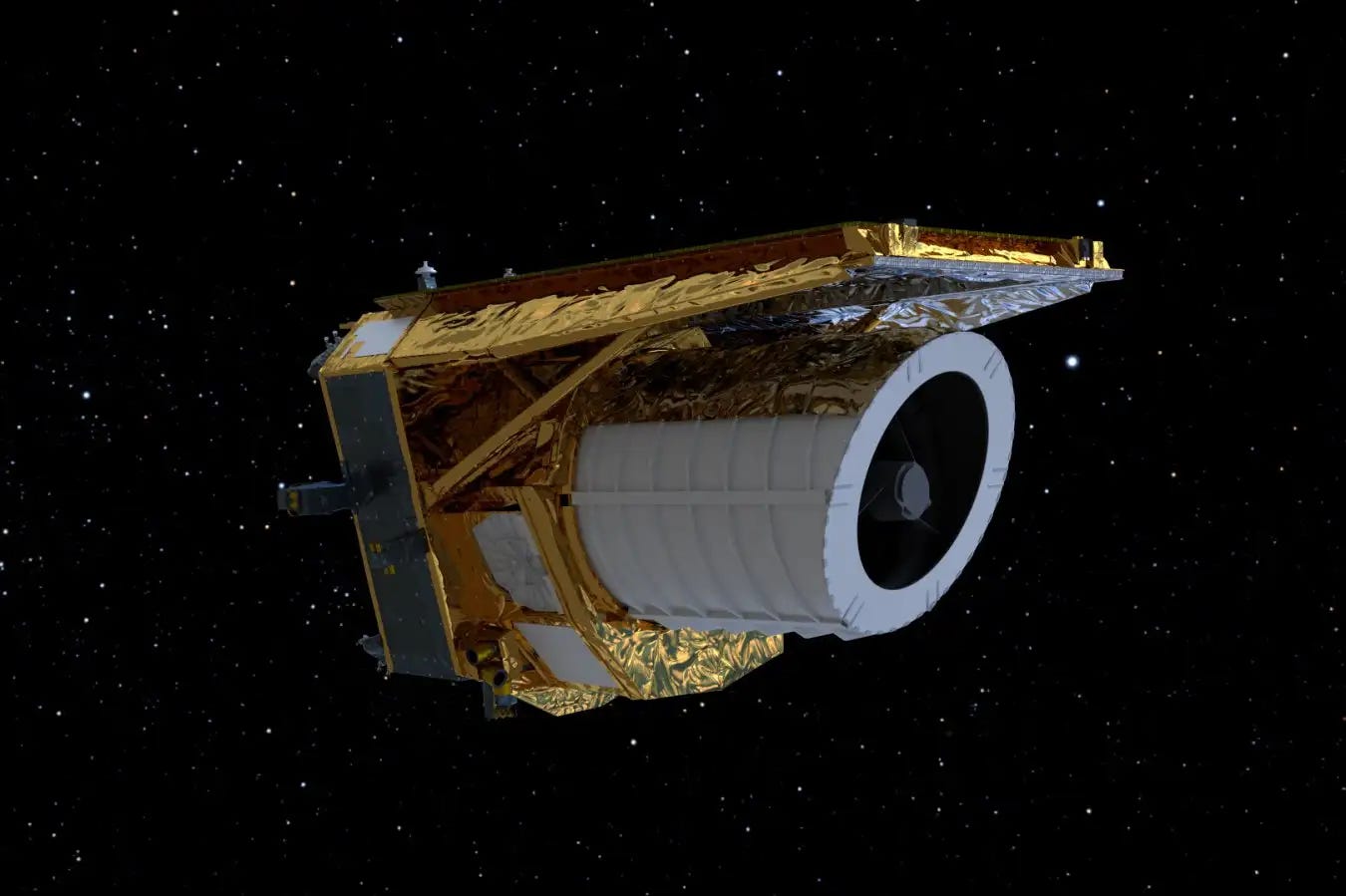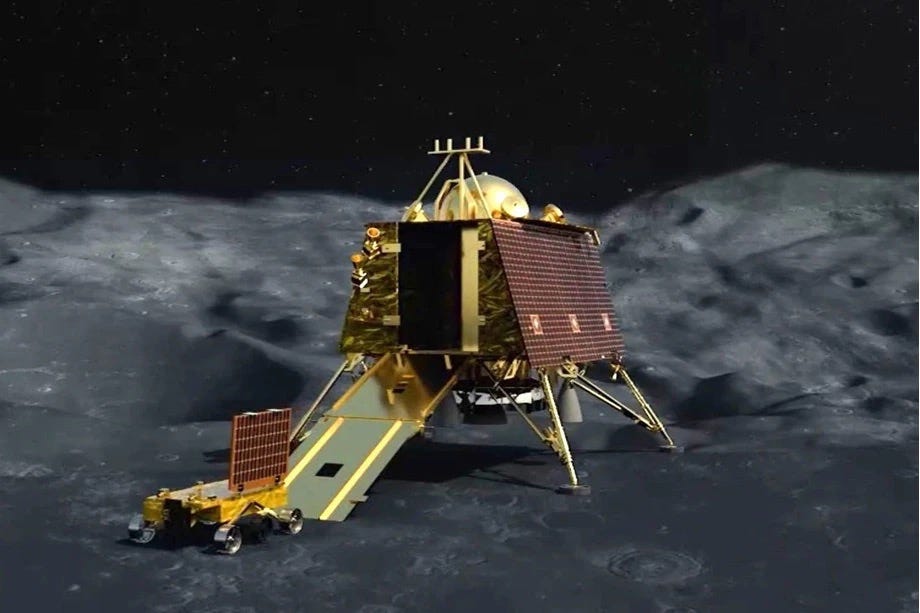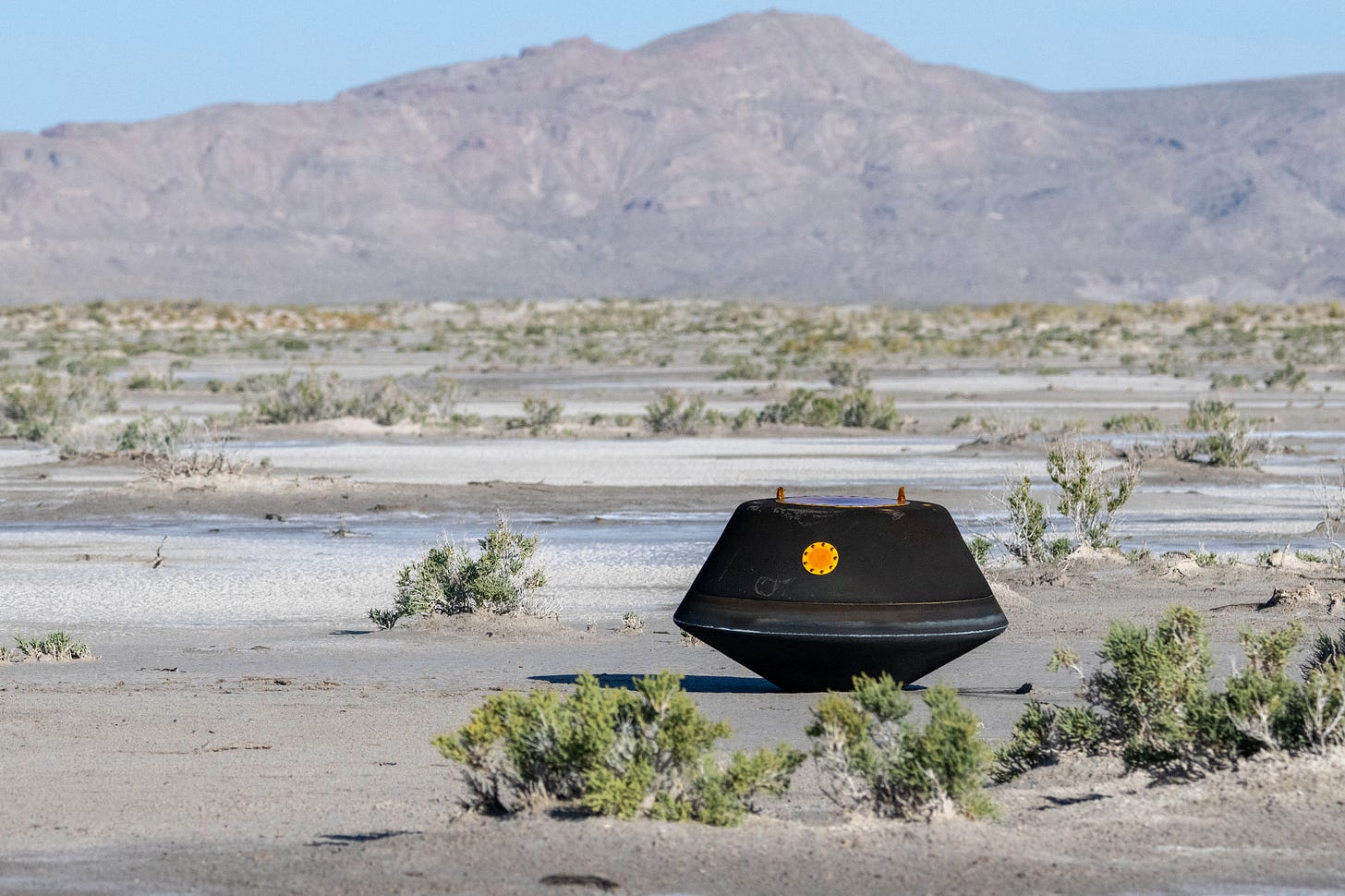James Webb finds its first exoplanet
The James Webb Space Telescope (JWST) discovered its first exoplanet in January 2023. But that is not all. The new exoplanet was almost exactly the size of the Earth. LHS 475 b was 99% the same size as Earth. Read the post here
Jupiter has the most moons after all!
Scientists discovered 12 new moons of Jupiter in February 2023, thus placing the total count at 92. Jupiter has now been declared the planet with the most moons after beating Saturn which has 82 moons. Read the post here
Euclid telescope launched successfully
In June 2023, ESA’s Euclid telescope was successfully launched into outer space by SpaceX’s Falcon-9 rocket. The Euclid telescope is a highly powerful telescope designed for studying dark matter (A substance that makes up 95 per cent of the universe and is hard to observe as it does not react with light). The telescope is equipped with powerful sensors that help it focus on the near-infrared wavelengths (a feature that makes James Webb so powerful). Read the post here
Chandrayaan 3 lands on the moon
In August 2023, ISRO’s Chandrayaan 3 lander successfully landed on the moon. This was a historical moment for not just India but the entire world. This was a major achievement as this put India among the top 4 countries to ever land on the moon. This was also the first time a spacecraft was landed near the south pole of the moon (known for the confirmed presence of water ice). Read the post here
NASA returns samples from asteroid
In 2016, NASA launched the OOSIRIS-REx mission to collect samples from an asteroid. The mission was designed to collect samples from the asteroid ‘Bennu’ and return them safely back to the Earth. After almost 7 years, the craft finally returned to the Earth with the samples in September 2023. It is NASA's first time achieving such a feat, making it a major accomplishment. Read the post here


